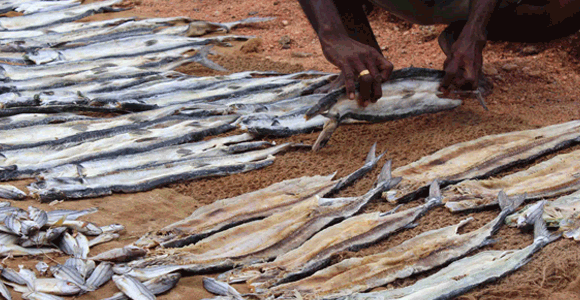
Protection from Diseases and Hunger?
Arulkarkki
Kumar is a construction worker from Bandarawela town. He is a father of 3, and his wife is a plantation worker. They earned a sufficient income to upkeep the family until travel restrictions were imposed to prevent the spread of COVID-19.
“Now, I cannot go to the town for work. I could not find any work in the village. I don’t understand what to do if the situation prevails,” Kumar sighed.
Kumar has to choose between disease or hunger. Unfortunately, it is the fate of the majority of the daily wage workers of the plantations who live in the estates but work in other places.
COVID-19 does not care about social status and spreads to every nook and corner of society. As a result, people have to maintain social distance, avoid gatherings, wear masks, and maintain consistent personal hygiene to be safe from the disease.
However, the families are hungry, and they need money to buy groceries being sold at exorbitant prices amidst the lockdowns. The government has promised to help people, but it is severely inadequate, and those in low-income communities have no means to manage at all.

Let us consider Kumar’s background. His family belongs to the traditional washer caste. His grandfather and father did that service, and the estate management paid the salaries of caste-based workers like washers and barbers. Now, that practice has changed. However, people like Kumar were not absorbed by the plantation worker group, and they had to become casual workers in towns. They still live in abject poverty, and these kinds of vulnerable communities want the attention of the authorities.
Caste-based discrimination continues in the estate worker society. However, discussions with Kumar compelled us to think that the people’s lack of interest to change also affects them despite the prejudices.
“I learnt in an estate school up to grade six. No one encouraged me to go to school. My father did not protest when I dropped out of school and joined him in his labour contracts. We did not inherit a profession from our generation. The only option available is casual labour,” Kumar said.
Kumar’s story is symbolic of a section of the plantation community he belongs to. Many people around the country dropped out of the free education system. Kumar now regrets dropping out of school. He worries about his children, too. Will they also drop out of school like him? All three kids are of school-going age, but the pandemic has severely affected their education. They lack facilities for online education.
Kumar has lost income due to the COVID-19 pandemic, and the entire family depends on his wife’s meager income now.
The plantation companies want hands to work in their estates. Likewise, the trade unions maintain the context for them to create unskilled workers. In such a backdrop, the legitimacy of the education system wanes. The situation will not change until the people fight for their rights.
Meanwhile, government and non-governmental organizations help low-income families to start self-employment. Kumar’s family has missed out such opportunities also, and the reason is continued caste discrimination.
The caste system is active in the plantation from the political leadership to the team leader position of the labour groups. People of ‘low castes’ do not get opportunities to move upward in the social or employment ladders.
However, the so-called low-caste people also are voters and citizens of Sri Lanka who must enjoy equal rights. They must stand up for their rights, and it is encouraging that Kumar appears to be trying to change fate through his children’s education.
Many low-income families have lost livelihoods due to the pandemic, and Kumar’s story is an example of that. Although the pandemic is being controlled, they still need help and time to recover from the economic disaster they are already undergoing.
Kumar is an intelligent person who thinks that the traditional life of his family can be changed through the education of his children. He is struggling to develop his family’s life despite the barriers created against him by the outdated caste system that is still functioning among the estate communities.
රෝගවලින් ජීවිතය බේරාගන්නද ? කුසගින්නෙන් ජීවිතය බේරාගන්නද?
நோயில் இருந்து உயிரை காப்பதா? பட்டினியில் இருந்து உயிரைக் காப்பதா?








